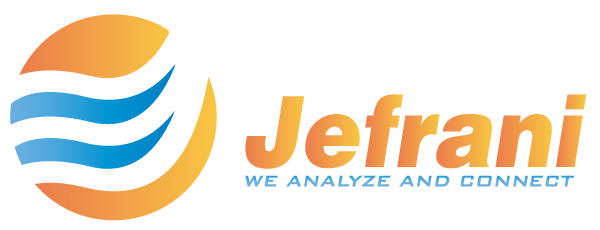Smart contracts are self-executing contracts with the terms of the agreement between buyer and seller being directly written into lines of code. They can be used to automate the transfer of assets, reducing the need for intermediaries and increasing efficiency. Blockchain technology provides the perfect platform for implementing smart contracts, as it provides a decentralized, secure, and tamper-proof way to execute contracts. In this blog, we will explore how blockchain technology and smart contracts can work together.
At its core, a smart contract is a computer program that is designed to automatically execute the terms of a contract. The code contains the rules and regulations that the parties to the contract agree to, and the contract automatically enforces these rules when certain conditions are met. This means that smart contracts can be used to automate many different types of transactions, from simple purchases to complex financial agreements.
One of the main advantages of smart contracts is that they reduce the need for intermediaries. In traditional contract arrangements, intermediaries, such as lawyers or brokers, are needed to enforce the terms of the contract. This can be time-consuming and expensive. With smart contracts, the contract is self-executing, so there is no need for intermediaries. This can save time and reduce costs.
Blockchain technology provides a decentralized and secure platform for implementing smart contracts. Because the blockchain is a distributed ledger, it is difficult for any one party to manipulate the data. This makes it an ideal platform for executing smart contracts, as it provides a secure and transparent way to enforce the terms of the contract.
One of the most promising applications of blockchain technology and smart contracts is in the area of supply chain management. By using smart contracts, supply chain transactions can be automated, reducing the need for intermediaries and increasing efficiency. Additionally, because the blockchain provides a transparent and tamper-proof way to track the movement of goods, it can help to reduce fraud and increase transparency.
Another promising application of blockchain technology and smart contracts is in the area of financial services. By using smart contracts, financial transactions can be automated, reducing the need for intermediaries and increasing efficiency. Additionally, because the blockchain provides a secure and transparent way to execute financial transactions, it can help to reduce fraud and increase transparency.
In conclusion, blockchain technology and smart contracts have the potential to revolutionize the way we do business. By providing a decentralized, secure, and transparent platform for executing contracts, they can reduce the need for intermediaries, increase efficiency, and reduce costs. As the technology continues to develop, it will be interesting to see how it is adopted and used in different industries and by different companies around the world.
